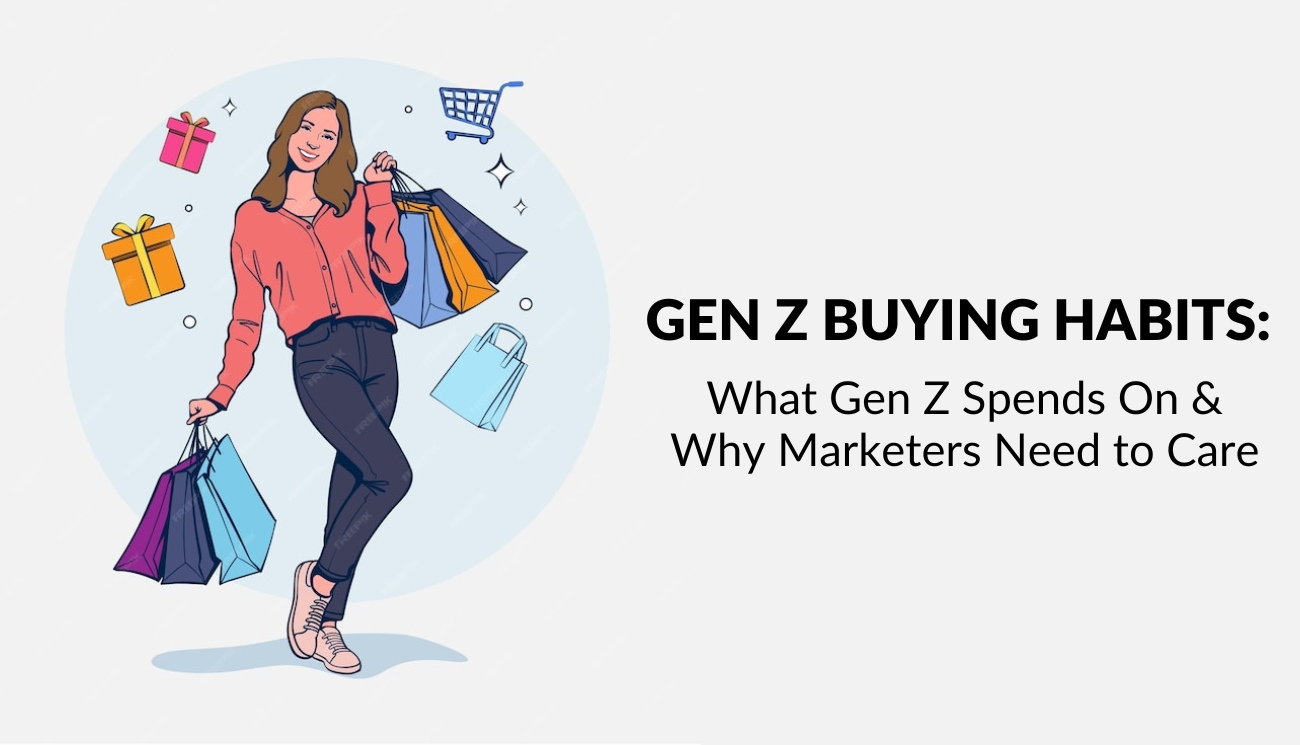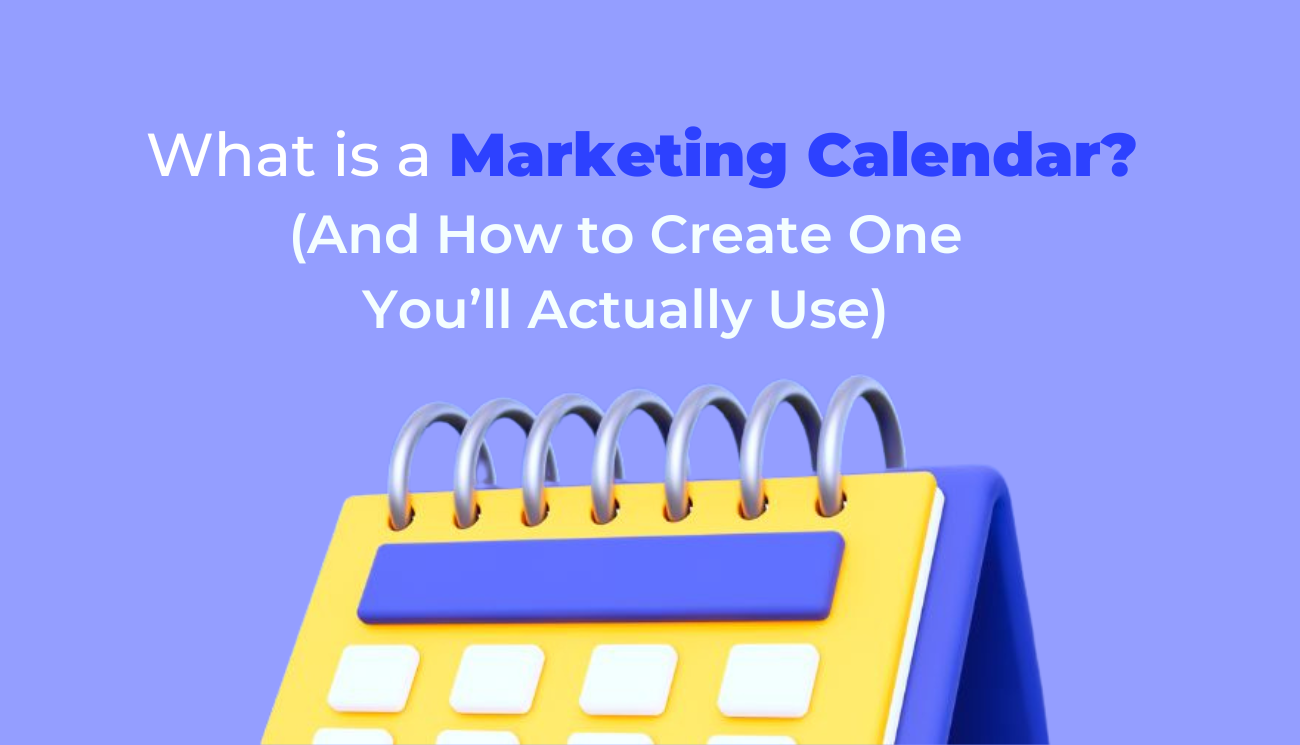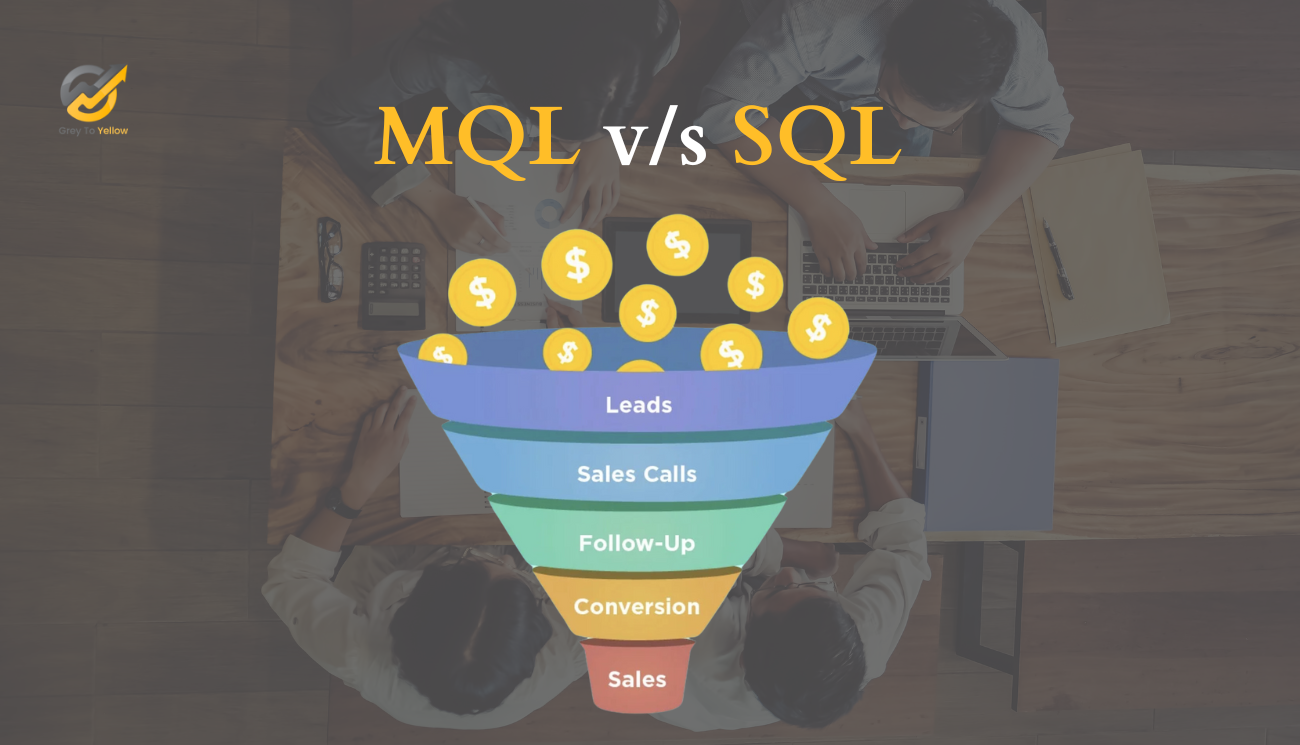
Gen Z Buying Habits: What They Spend On & Why Marketers Need to Care
Gen Z or the generation born between the 90s and the early 2010s is a force to beware of in the marketplace. They have over $450 billion growing purchasing power in the US alone and their spending habits are bringing a revolution in the retail landscape. They are influencing trends and how different generations shop.
Understanding how this generation buys is very crucial for marketers to stay ahead of the curve.Here are few pointers on what makes them unique shoppers:
Mobile-First Mentality
Gen Z lives on their phones and 71% of them use their mobile phones when shopping. That means that you need to optimise websites for mobile browsing more than desktop viewing. Additionally, they consider mobile payment options for simple and more convenient transactions, especially for smaller purchases. For bigger items, they want to explore the “try before you buy” option so that they can build more trust in online shopping.
Social Media Mavens
Gen Z invests a lot of trust in social media for product discovery and that surpasses even the traditional review websites. Reel platforms such as TikTok and Instagram are now their go-to channels, followed by YouTube to research on products or services that they are about to buy.Interestingly, while social media heavily influences product purchases, most of the generation hasn’t directly purchased through these platforms yet, with Instagram being a great exception.
The Influencer Advantage
Gen Z, unlike the other generations, prioritise busying what their favourite influencers recommend instead of trusting friends or family. Their trust in influencers comes from perceived expertise and relatability. Marketers can send their free products to these influencers in exchange of short-form or long-form content to get their brands in front of their audience.
Sustainability Champions
Sustainability is the top priority for Gen Z as it screams “shopping their values.” They are more inclined towards using reusable products, tote bags and do second hand shopping. This eco-conscious approach is aimed at highlighting your brand’s commitment to sustainability through websites and social media content is essential. Remember to keep things authentic as Gen Z can spot performative activism from miles away.
Budget-Conscious Bargain Hunters
While many people think that Gen Z are big spenders but they’ve become more budget-conscious due to inflation and lack of job opportunities. Studies show that they focus more on prioritising deals and wait for sales before making any purchases. If you offer discounts, free shipping and loyalty programs, it can incentivise them to purchase from you. However, you need to keep in mind that Gen Z values quality more and won’t compromise on that by purchasing something of a cheaper price.
Quality Over Everything
Though Gen Z loves a good deal, they can’t sacrifice quality. They do thorough research, read reviews, and seek recommendations before purchasing anything. Build social proof by showing customer ratings, testimonials and positive reviews so that they can see if the product is worth the investment.
The Future of Marketing to Gen Z
Here are a few ways to stay ahead of the curve about this evolving generation:
- Monitor Social Media Trends: Keep an eye out for trends, hashtags and different challenges taking place on social media platforms that Gen Z is interested in.
- Listen to Their Voices: Create surveys and host Q&A sessions to keep Gen Z engaged and use their feedback to inform your marketing strategy.
- Invest in Influencer Marketing: Partner with relevant influencers so that your content can reach Gen Z. look for micro influencers with smaller but highly engaged audiences to collaborate with so that they can showcase your brand values.
- Embrace Emerging Technologies: Take use of new technologies such as augmented reality (AR) and virtual reality (VR) to make your marketing experience more interactive so that it can resonate with Gen Z’s digital-first mindset.
By understanding Gen Z’s buying habits and preferences, marketers can develop effective marketing strategies that resonate with this influential generation. Keep in mind that it is about building trust, providing value and fostering relationships. When you prioritise these aspects, you can position your brand for long-term success with Gen Z and beyond.



